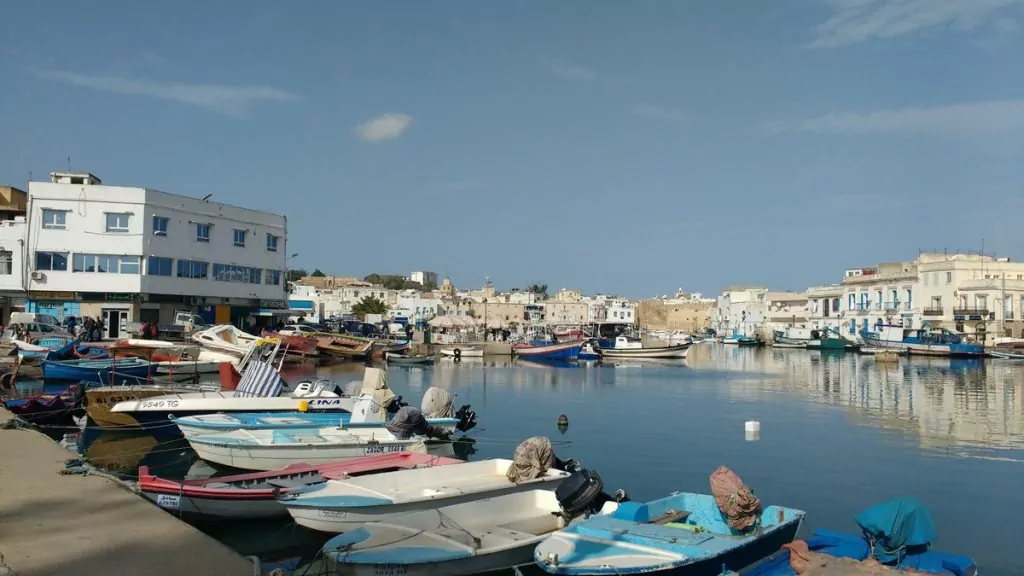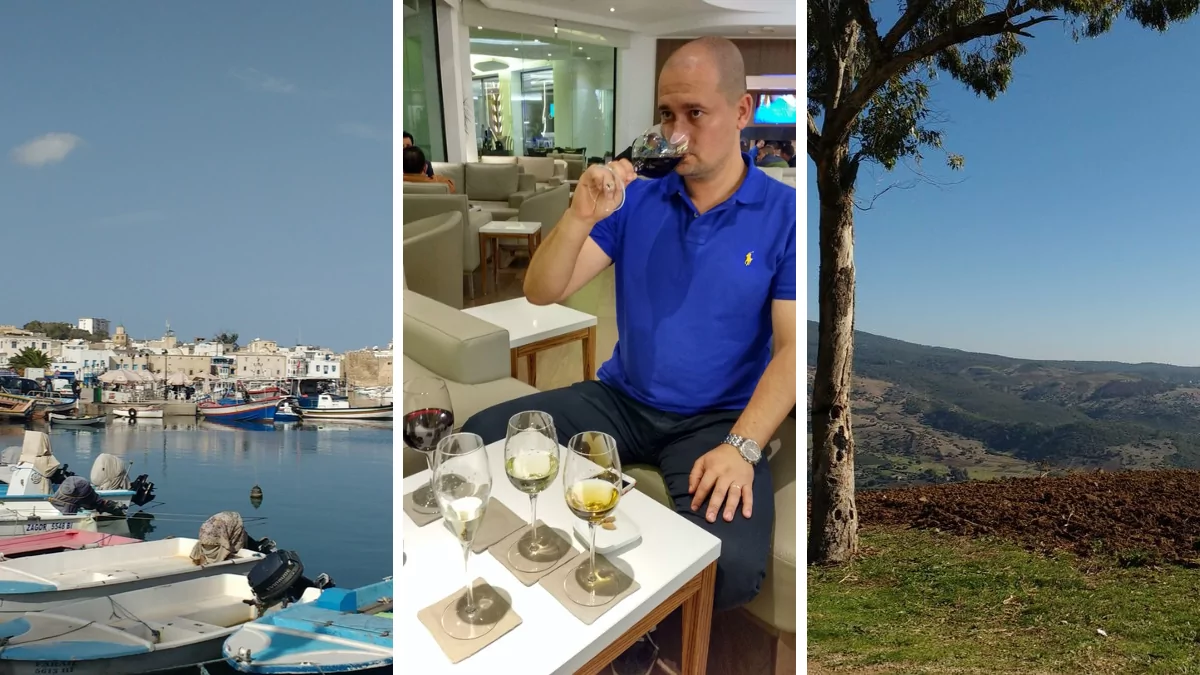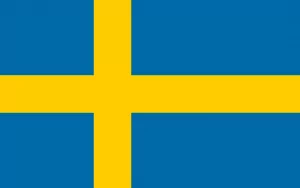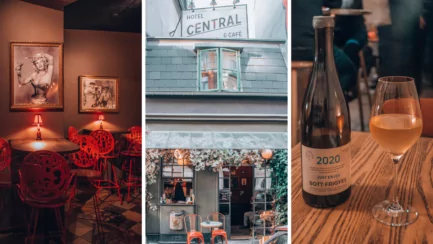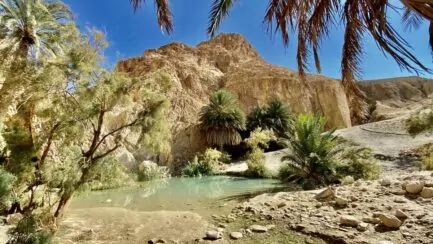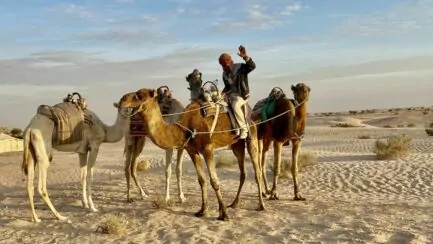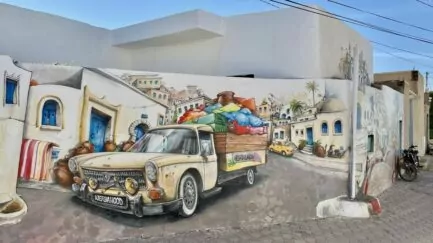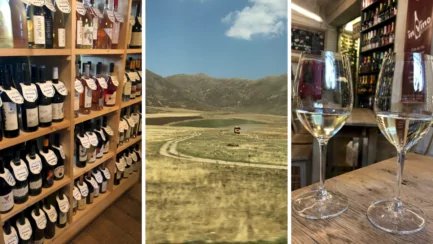Innehållsförteckning
Guest writer: Jonathan Gharbi de Maré
You might think of sunny beaches, golf and good food when you talk about Tunisia, but this small country has so much more to offer. We take a look at their beer and wine culture.
Wine has been grown in the region since before the birth of Jesus, but much has changed in the last 20 years. Around 30,000 hectares are under vine, which is a considerable amount but a drop in the ocean compared to the production of the old wine countries.
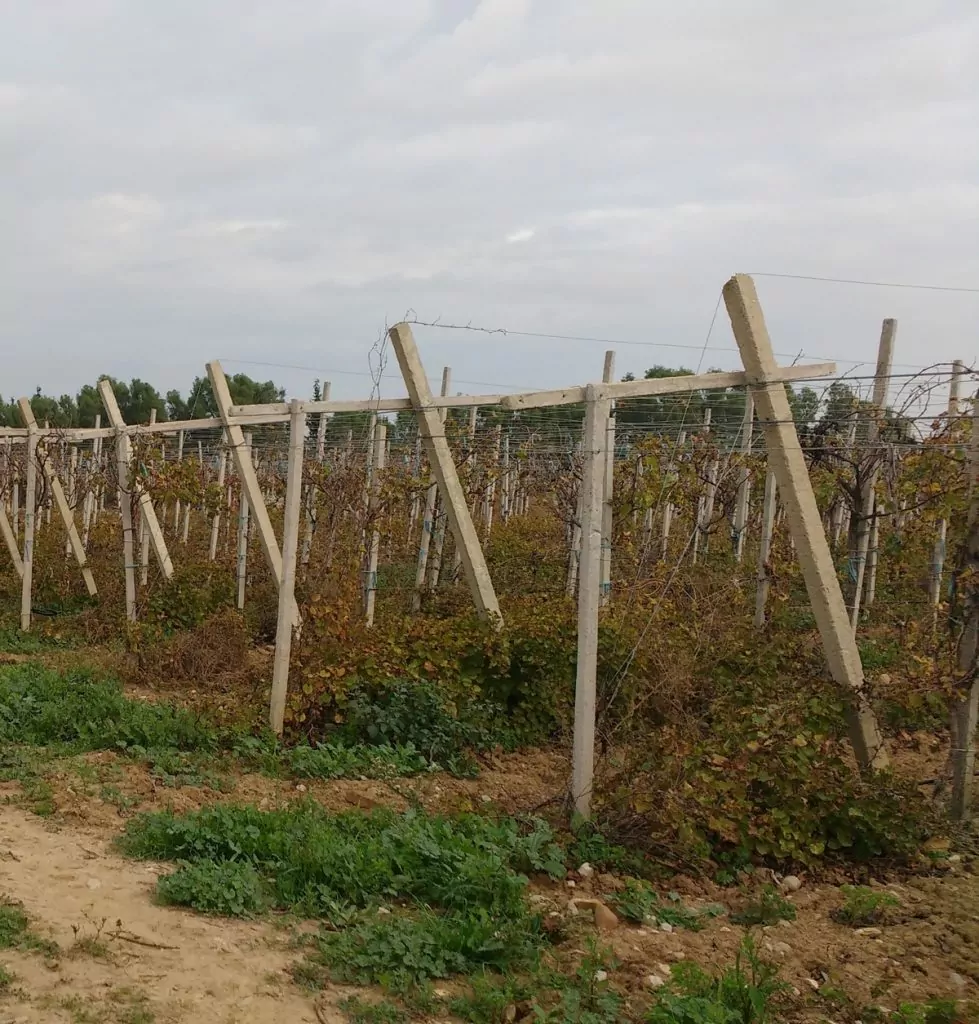
Tunisia gained independence from France in 1956 but much of the French traditions and culture remain. The French have greatly influenced Tunisian wine culture and many popular French grapes are grown. The classic syrah and merlot as well as carignan, mourvèdre, cinsault and grenache are grown, as are the green grapes chardonnay and muscat. Rosé is big in Tunisia and most restaurants often have some rosé to choose from.
The more unusual style of wine, however, is grey wine or "vin gris" as it is called in French, which is a cross between rosé and white. It is a wine made from red grapes but the contact with the grape skins is very short so they do not have time to change colour and the wine has a very light tone.
There are a handful of wine regions, but the most famous region is Cap Bon and its wines are sold both locally and for export. The major competitive advantage of Tunisian wines is that they are of a high standard, while taxes and prices are low. If you spend around 70 Swedish crowns on a bottle in the shop, you get a good wine.
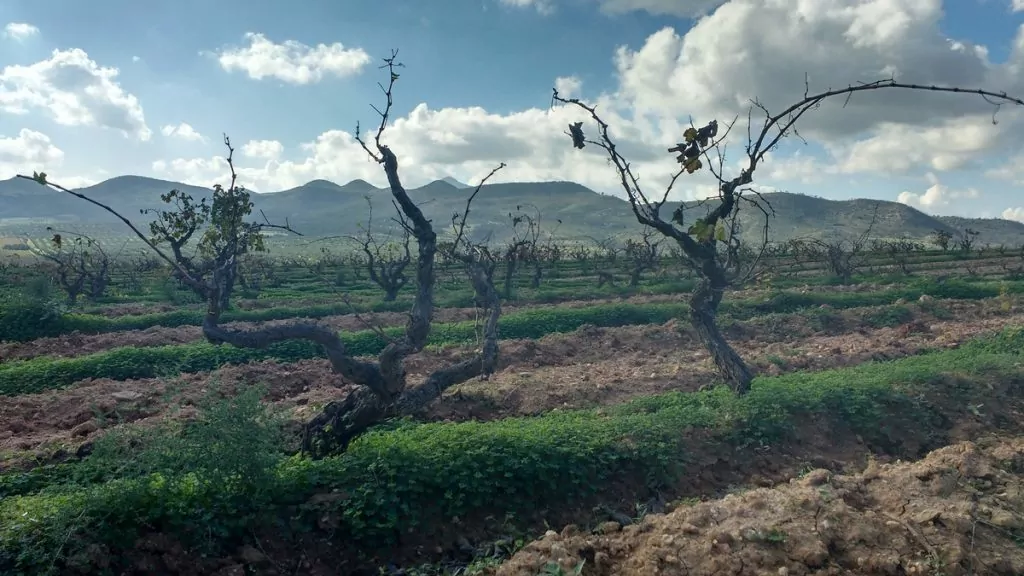
Most large supermarkets have a small shop on the side, or 'cave' as they call it, where alcohol is sold. It has its own opening hours and may be closed for religious holidays. You can google "cave du vin" and find the shops easily.
There are many restaurants with a good selection of wines, especially at La Marsa, Carthage, Gammarth and La Golette outside Tunis. There are many good fish restaurants in all price ranges, but if you want wine with the fish, you will often have to visit one of the fancier restaurants.
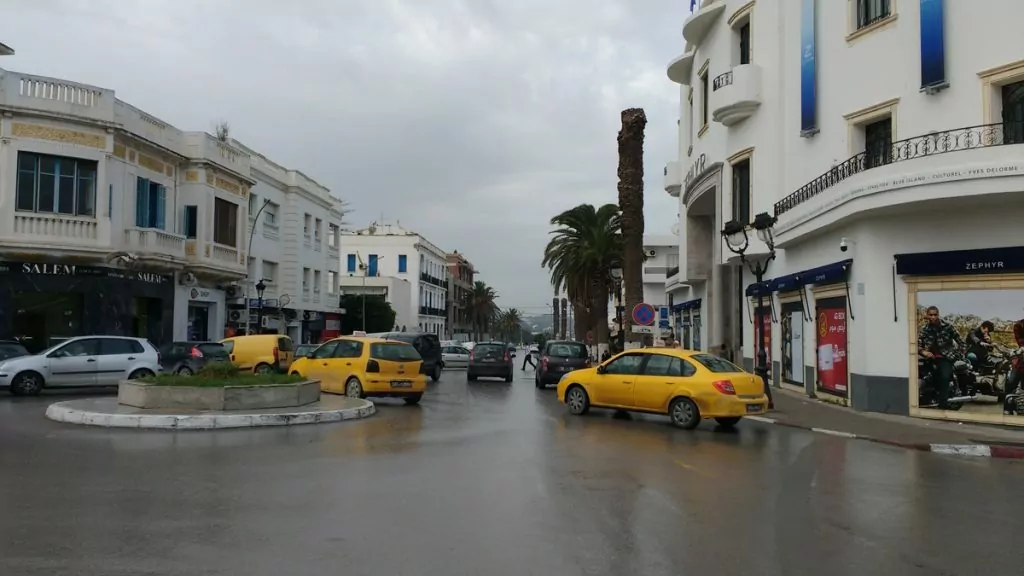
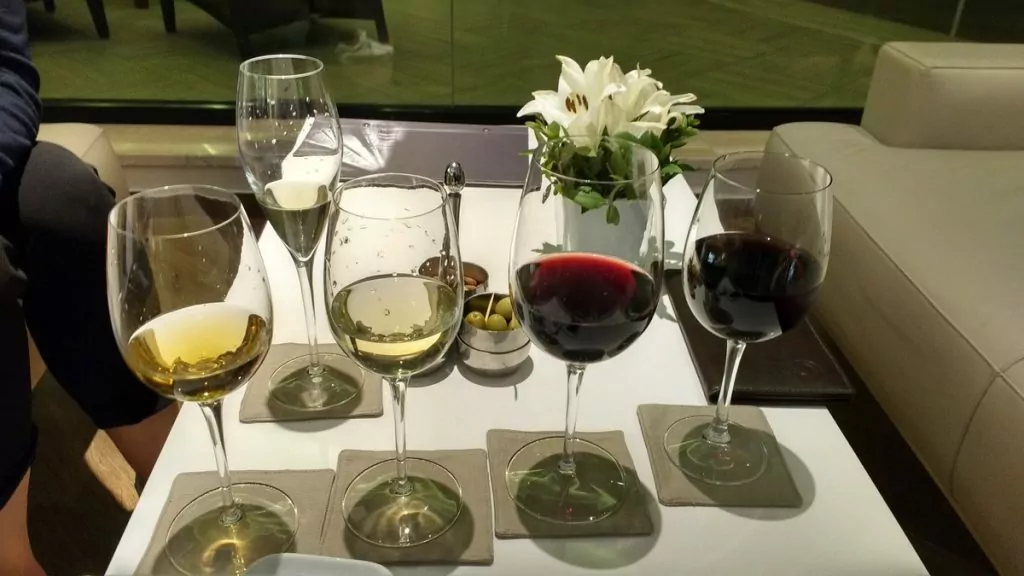
Due to the economy and the weakness of the dinar, it's very cheap wherever you eat, so it's best to splurge. These are very popular areas in the summer when tourists and Tunisians alike crowd the bars and restaurants waiting for the sun to set.
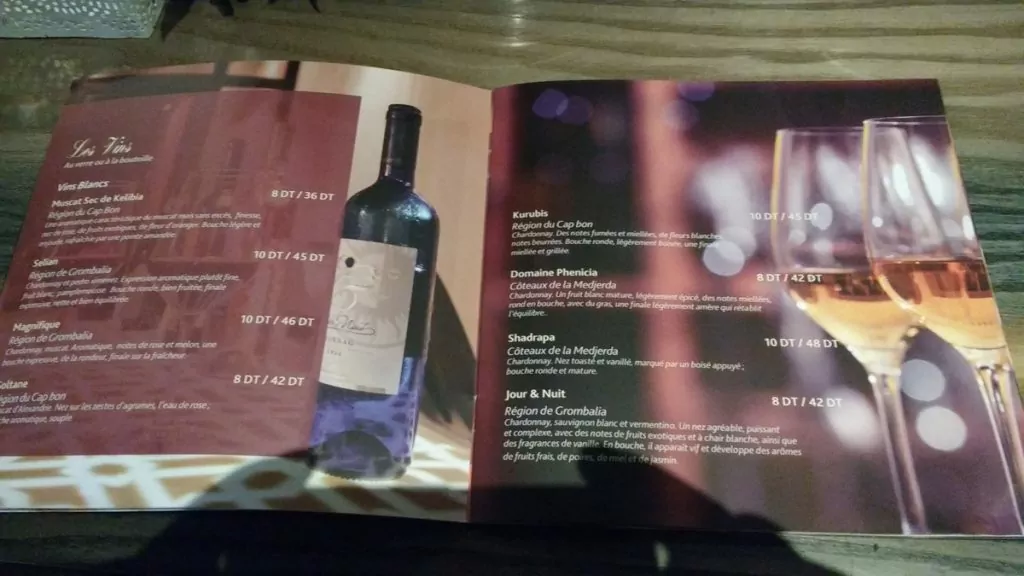
If you are in Tunis, there are several wineries around that offer guided tours and wine tastings. You can also contact smaller wineries yourself and ask for a visit.
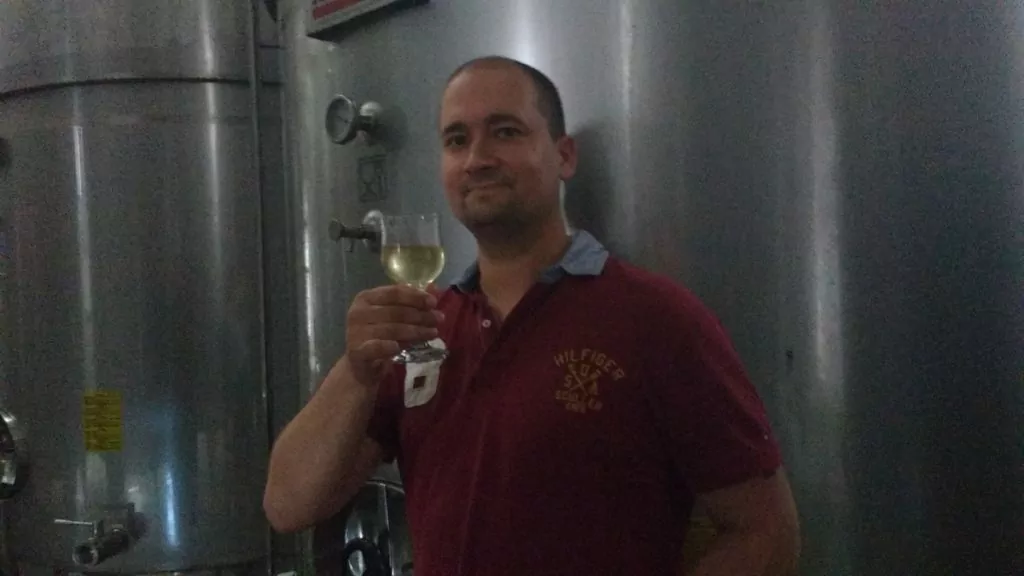
Compared to other new wine countries, Tunisia can still be praised for its wines being of a generally high standard. Relatively little bulk wine is produced, but if you look at the bottles discarded on the beaches, you will often find the cheapest brands where you can get a bottle of wine for 30 crowns.
The white wines do very well, but also several red wines, such as those from Chateau Mornag are of a very good level. Other good wine producers are Domaine Phenicia, Domaine Shadrapa, Domaine Neferis and Les Vignerons de Carthage.
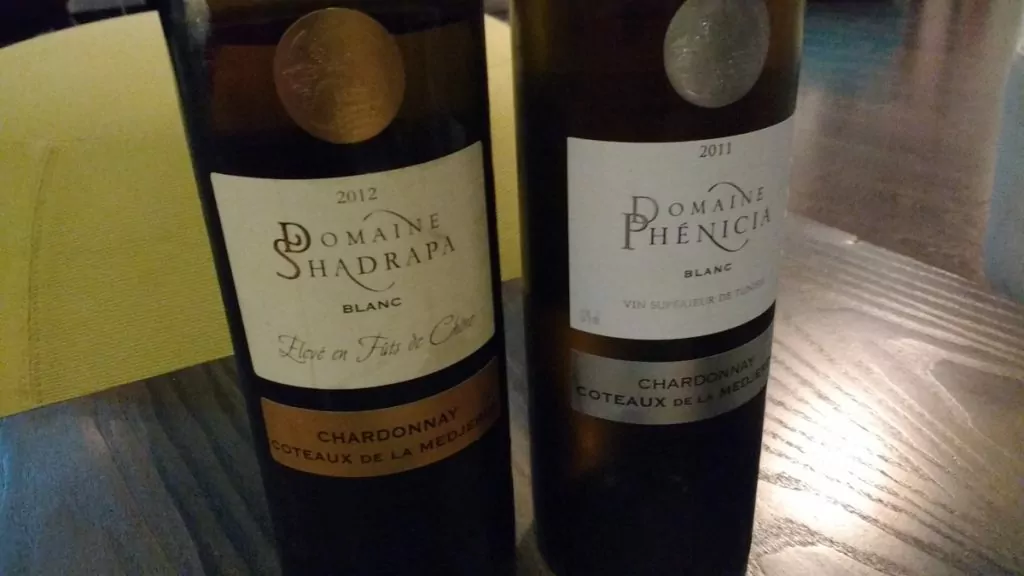
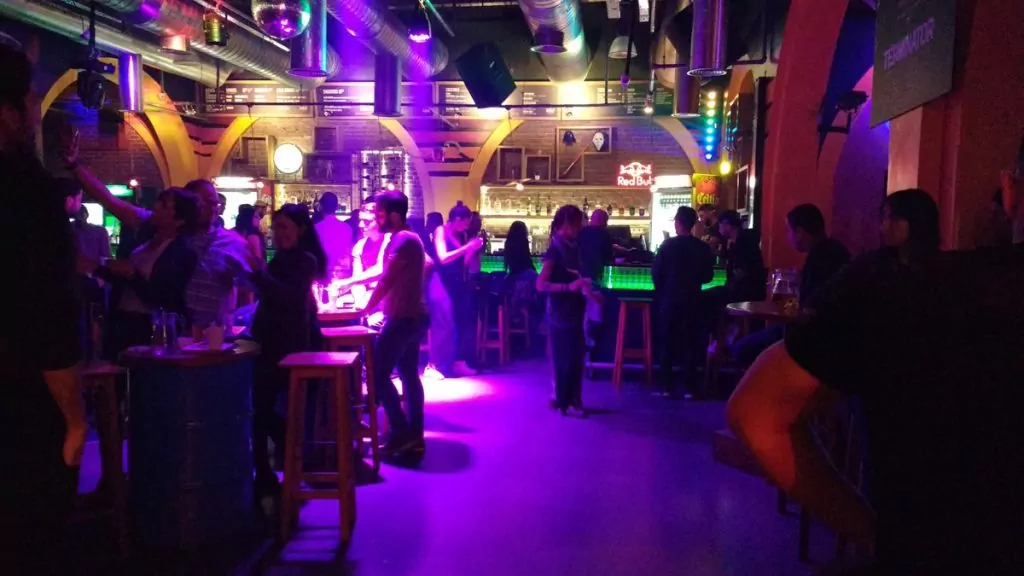
Oil culture in Tunisia
Tunisia also has a beer culture and there are many pubs in the capital but also in all major tourist resorts. Both large beach bars to small hidden beer bars where you can have a beer in secret without the neighbours noticing. Drinking in public is still a bit hush-hush, so many of them have tinted windows or well-hidden courtyards where you can drink in peace. If you're curious, you can easily recognise local bars by their black doors and tinted windows.
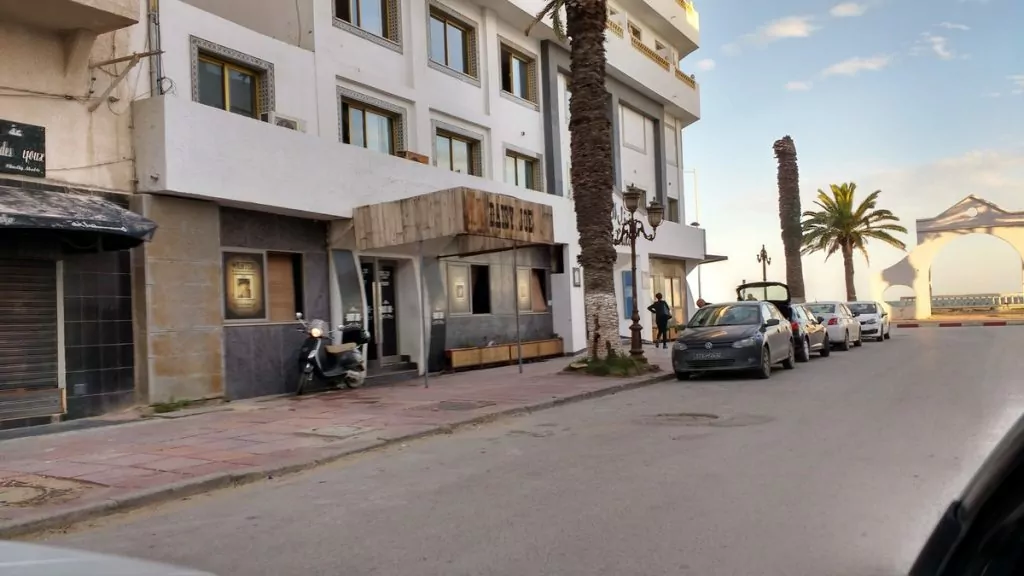
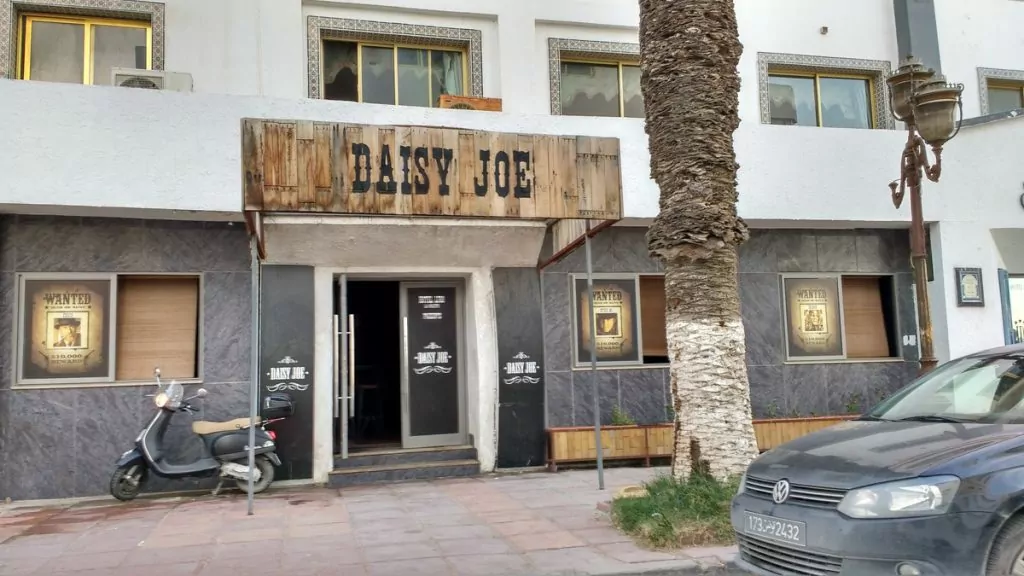
Tourists are welcome, of course, so just pop in and order. Inside Tunis there are many pubs that have been around for decades where Tunisians cool their throats during the hot summers. But in larger hotels and on the popular beaches, you'll find larger bars and clubs that are high class. The prices of beer are very good, around 20 crowns for a beer in the simpler bars while you can expect double that in the better places.
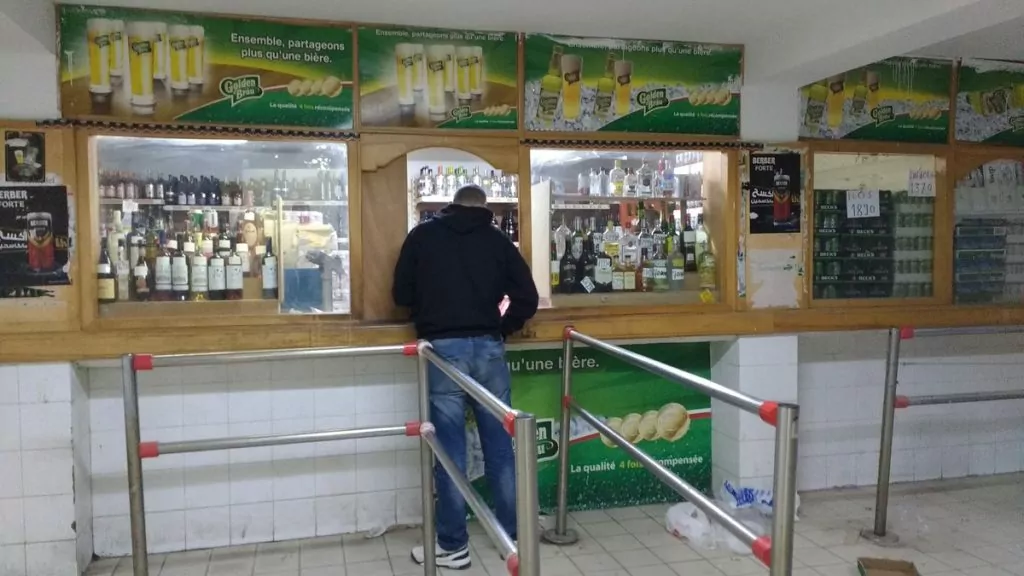
The first country with IPA in North Africa
All North African countries have their own breweries producing their own lager, but Tunisia is the first to offer an IPA. Although beer consumption is widespread in both Morocco and Egypt, only light lager is brewed.
The Tunisian ipa, called Legend by Celtia, has been brewed since 2019 and is also brewed with five different hop varieties. Celtia is the largest local beer brand in the country alongside classic imported lagers. There used to be two microbreweries in the country, so the potential is there, but the low level of tourism makes it difficult to sell speciality beers.
There are several commercial breweries in the country but also microbreweries. The brewpubs Golfbräu and Brauhaus Yasmine brew German beer styles with mixed ratings. There has been some uncertainty about whether they are open or not and how much they brew, but the equipment is still there and they brew regularly.
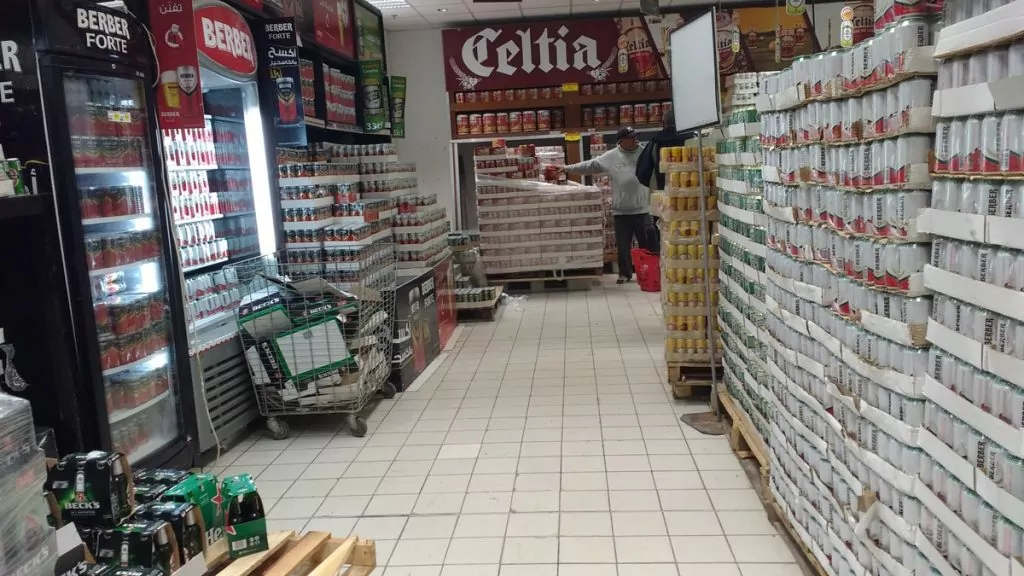
What is it like to visit Tunisia today?
Tunisia is probably the most open country in North Africa and it was there that the Arab Spring started. It was one thing to visit Tunisia 15 years ago and a lot has happened since then. The country has been undergoing constant change since the Arab Spring began in 2010.
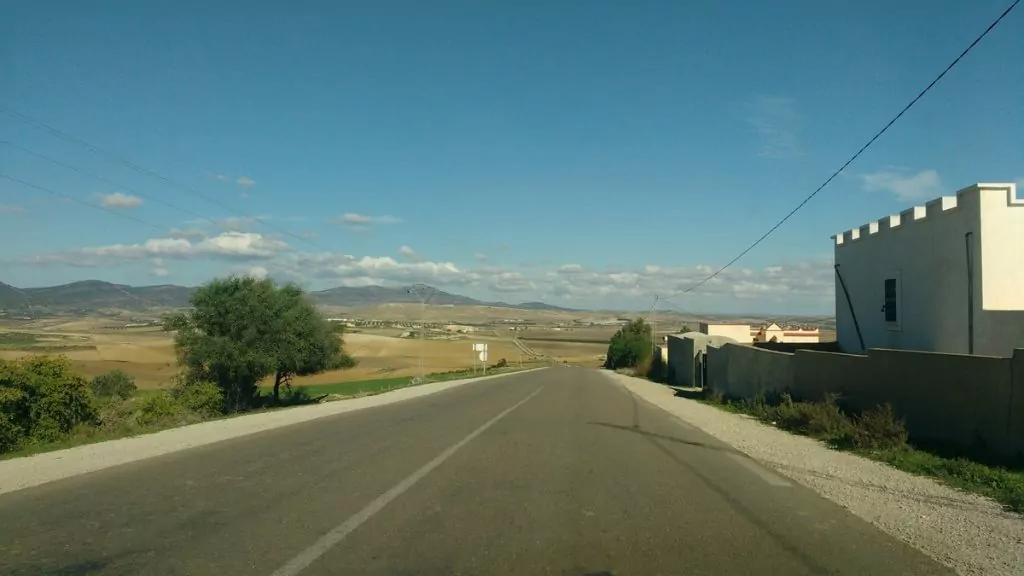
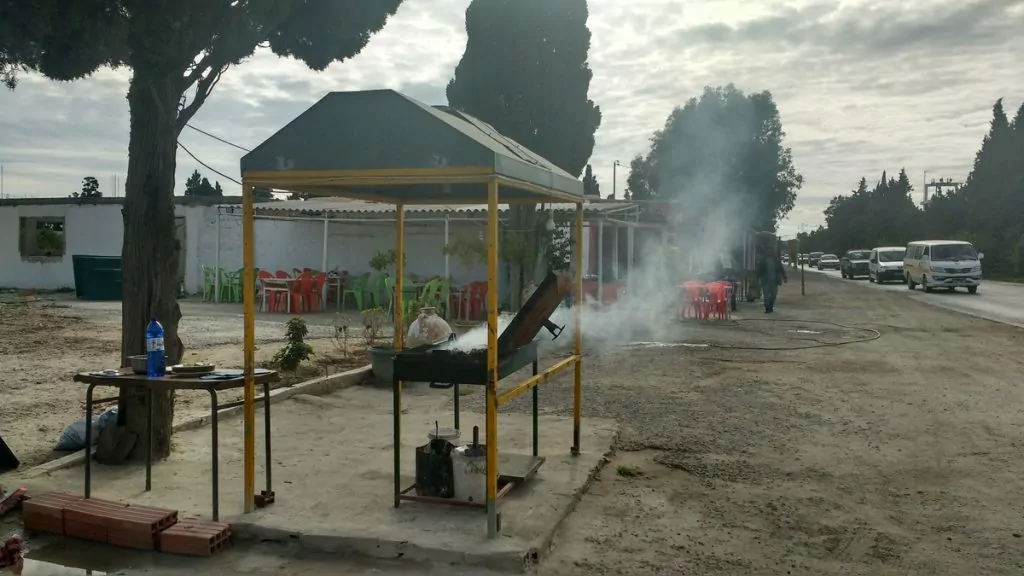
As for the political development, it went from optimistic to a bit more pessimistic in recent years but people are protesting and the Tunisian spring still feels alive in the air. There may be demonstrations from time to time, but mainly in the centre of Tunis. Otherwise, you don't notice much more than that the economy is sluggish and that the optimism among people you talk to is lower.
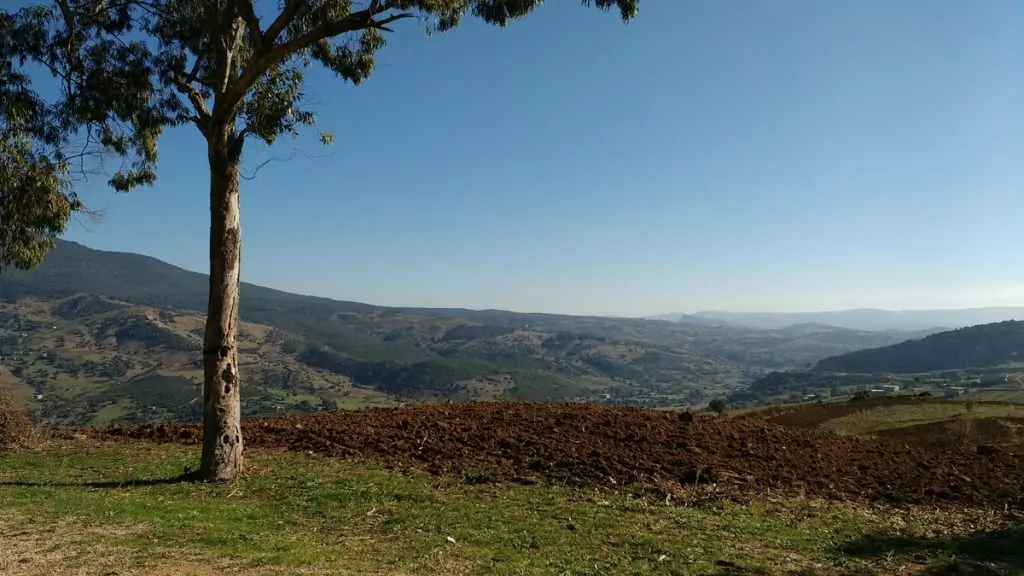
For those who want to practise their school French and like adventure, Tunisia is excellent. Education has been better than in some other countries in the region and French has been a natural part of the curriculum. French television channels are popular and have helped to keep the French language alive. So no matter where you travel, there are always people who speak French.
Having visited Tunisia regularly since 2005, I can highly recommend a trip there for those who love to drive around, eat and drink well and meet nice people.
